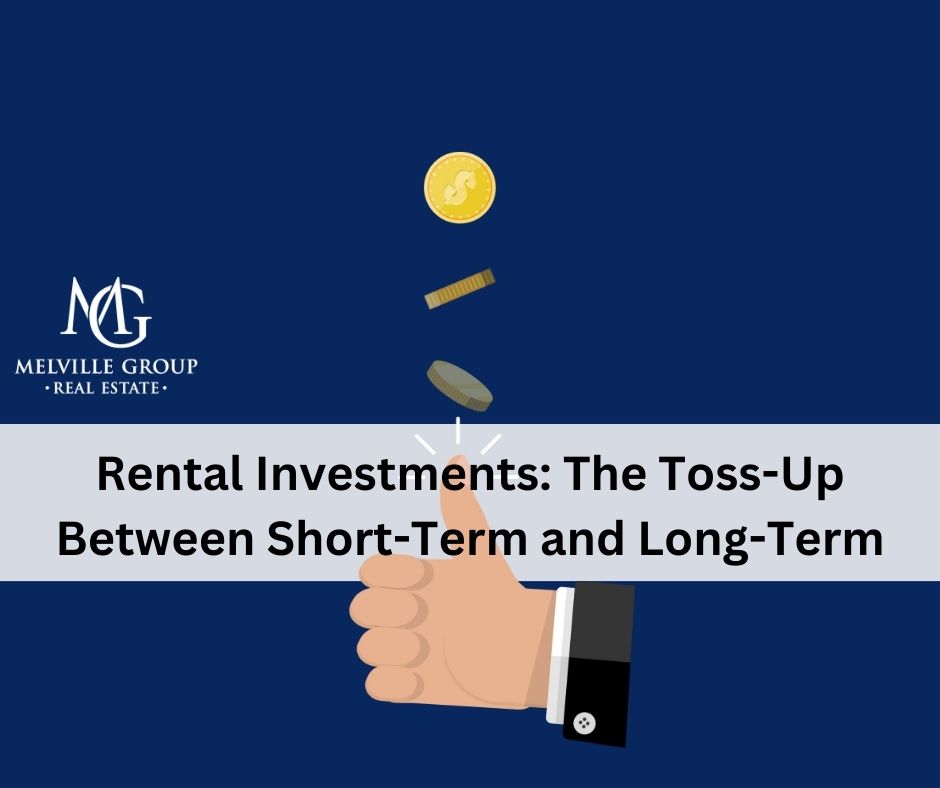Considering property rental investments? It’s essential to understand rental investments and the difference between short-term and long-term rentals. Each option offers distinct benefits and challenges, aligning differently with your investment goals and lifestyle. Here’s a guide to help you get started.
Initial Steps for Future Investors
Financial Assessment: Assess your financial status, including assets, liabilities, and cash flow. Ensure you have a financial buffer for initial costs and unexpected expenses.
Market Research: Study market trends and local specifics to understand demand, rental rates, and occupancy trends.
Legal and Tax Implications: Understand the legal and tax aspects of rental properties. Consider consulting a real estate attorney or tax advisor.
Rental Investment Goals and Risk Tolerance: Define your goals—quick returns or long-term income? Assess your risk tolerance and management dedication.
Short-Term Rentals: Active Management and Potentially Profitable Returns
Short-term rentals, via platforms like Airbnb and VRBO, cater to travelers. This option is appealing if you’re interested in active management and higher returns.
Pros of Short-Term Rentals
Higher Income Potential: Higher returns, especially during peak seasons or events.
Market Adaptability: Ability to adjust prices with demand fluctuations.
Cons of Short-Term Rentals
Intensive Management: Requires more hands-on involvement.
Regulatory Considerations: Stay updated on local regulations.
Key Considerations of Short-Term Rentals
Location: Properties in tourist-friendly areas or near attractions have higher occupancy.
Stay Informed: Follow local laws and guidelines.
Create an Experience: A unique guest experience boosts reviews and bookings.
Long-Term Rentals: Consistent and Less Demanding
Long-term rentals, with leases of six months or more, offer a hands-off approach and consistent income.
Pros of Long-Term Rentals
Predictable Income: Regular rent payments aid financial planning.
Reduced Turnover: Less frequent tenant changes and associated costs.
Cons of Long-Term Rentals
Limited Rent Flexibility: Rent adjustments are limited by lease terms.
Long-Term Tenant Relations: Requires careful tenant selection and communication skills.
Key Considerations
Tenant Screening: Thorough screening ensures reliable tenants.
Understand the Market: Know local rental rates and tenant laws.
Property Maintenance: Plan for ongoing maintenance and occasional repairs.
The Takeaway
Balance your goals, time commitment, and market conditions to choose the right investment path. Successful real estate investing requires strategy, market understanding, and goal alignment. Contact me if you want to learn more about your options.
1,205 total views, 1 views today
